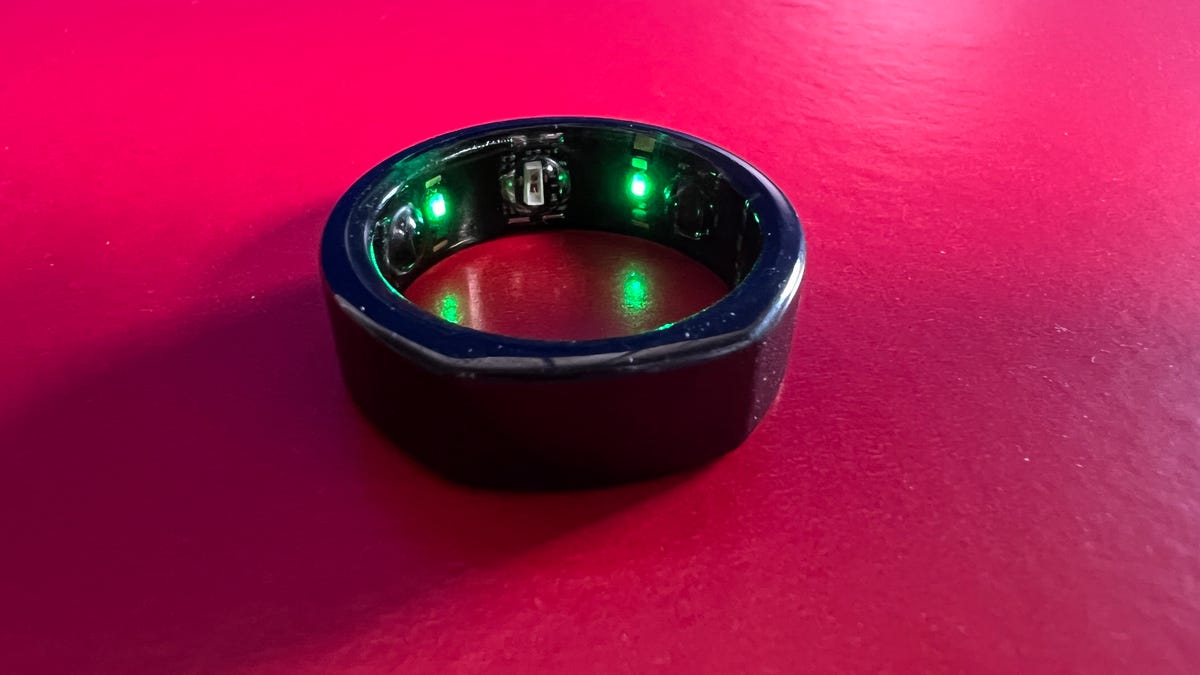 Why You Can Trust CNET
Why You Can Trust CNET Show Your Therapist How Well You Slept With New Oura Data-Sharing Feature
Oura is moving into the mental health space with an easier way to share sleep and movement data directly with a therapist for better insight into how sleep affects overall health.

Oura knows there's a direct link between sleep, physical activity and mental health, and the wearable company is leaning into it through a new partnership with Talkspace, an online mental health company.
If you have an Oura smart ring, you'll be able to opt into a new data-sharing feature called Share Report, which allows you to share your Sleep Quality and Daily Movement trends directly with a health care provider or therapist in PDF form. Talkspace users will be able to share the data directly through the website's secure platform. If you choose to use Share Report, you can select trends from the past week, month or the last three months.
While sleep and movement data was already available on the Oura app, the thought behind the company's latest feature is to provide more insight into how well someone is sleeping and their activity level, because of the way both metrics are intimately related to mental health and mood.
An example of how the Share Report feature will show sleep trends.
Dorothy Kilroy, chief commercial officer at Oura, said that the feature "allows practitioners a complete picture of how their patients are doing in-between visits."
"This can have a ripple effect; the more fluent and literate people are about their own bodies, the better equipped they are to have helpful conversations with providers about their mental health and overall well-being," Kilroy said.
Oura, with a Gen 3 ring starting at $300 and $6 monthly subscription, has been wading deeper into the wellness waters. Known for its sleep-tracking features and other health metrics lifted in nifty ring form, it's announced partnerships with other health companies, like Natural Cycles for temperature-based menstrual cycle tracking and different glucose monitoring apps for information on how sleep affects blood sugar.
Read more: I Went to Bed With a Robot to Get Better Sleep. This Is What Happened
The link between mental health and sleep
Research continues to build on sleep as one of the most important building blocks for overall health, including mental health. Depression, in particular, has a two-way relationship with sleep: It can disrupt sleep patterns, but sleep disturbances can also exacerbate symptoms of depression.
Beyond clinical symptoms, lack of sleep can affect mood and make it harder to regulate emotions. For people who are working on managing symptoms of a mental health condition, tracking sleep (or having it available in data form for their therapist) may be a helpful way to make changes to their sleep hygiene or schedule.
Read more: Your Brain Is Begging You to Sleep More. Here's Why

